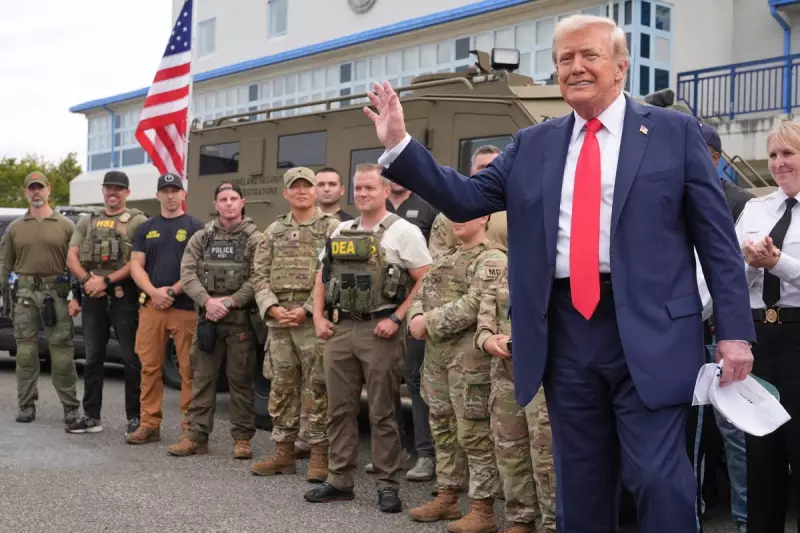
In a revelation that has sent shockwaves through the American political landscape, former President Donald Trump has reportedly discussed plans that would radically alter the relationship between the federal government and individual states. At the heart of this controversial strategy is the potential use of the US military within domestic borders, specifically targeting major metropolitan areas he perceives as problematic.
The Target: New York and Beyond
Central to these discussions, according to sources, is the city of New York. The proposal suggests a scenario where the President could invoke insurrection laws or other executive powers to effectively federalise a city's law enforcement and infrastructure. This would place local police and National Guard units under direct federal command, stripping away the traditional authority of state governors and mayors.
A Constitutional Crisis in the Making?
Legal experts and political analysts are sounding the alarm, labelling the idea as a potential constitutional overreach. The notion of deploying active-duty military personnel for domestic policing is fraught with legal and ethical complications, challenging long-standing principles of state sovereignty and civil liberties enshrined in the US Constitution.
The Posse Comitatus Act, a foundational piece of legislation from 1878, generally prohibits the use of the US Army and Air Force for domestic law enforcement. While exceptions exist, such as the Insurrection Act, their invocation for political purposes against the will of local governments would be historically unprecedented and fiercely contested.
Broader Implications for US Democracy
This proposition cannot be viewed in isolation. It reflects a broader, more confrontational approach to governance that Trump has championed. The move is widely interpreted as a direct challenge to so-called 'sanctuary cities' and Democratic strongholds, framing them as being in a state of lawlessness that requires federal intervention.
Critics argue that such a policy would dangerously militarise domestic politics, erode the separation of powers, and set a troubling precedent for the use of executive authority against political opponents. The potential for escalating civil unrest and damaging public trust in institutions is significant.
As the United States continues to grapple with deep political divisions, the emergence of this concept highlights the ongoing debate over the limits of presidential power and the resilience of its democratic frameworks.





